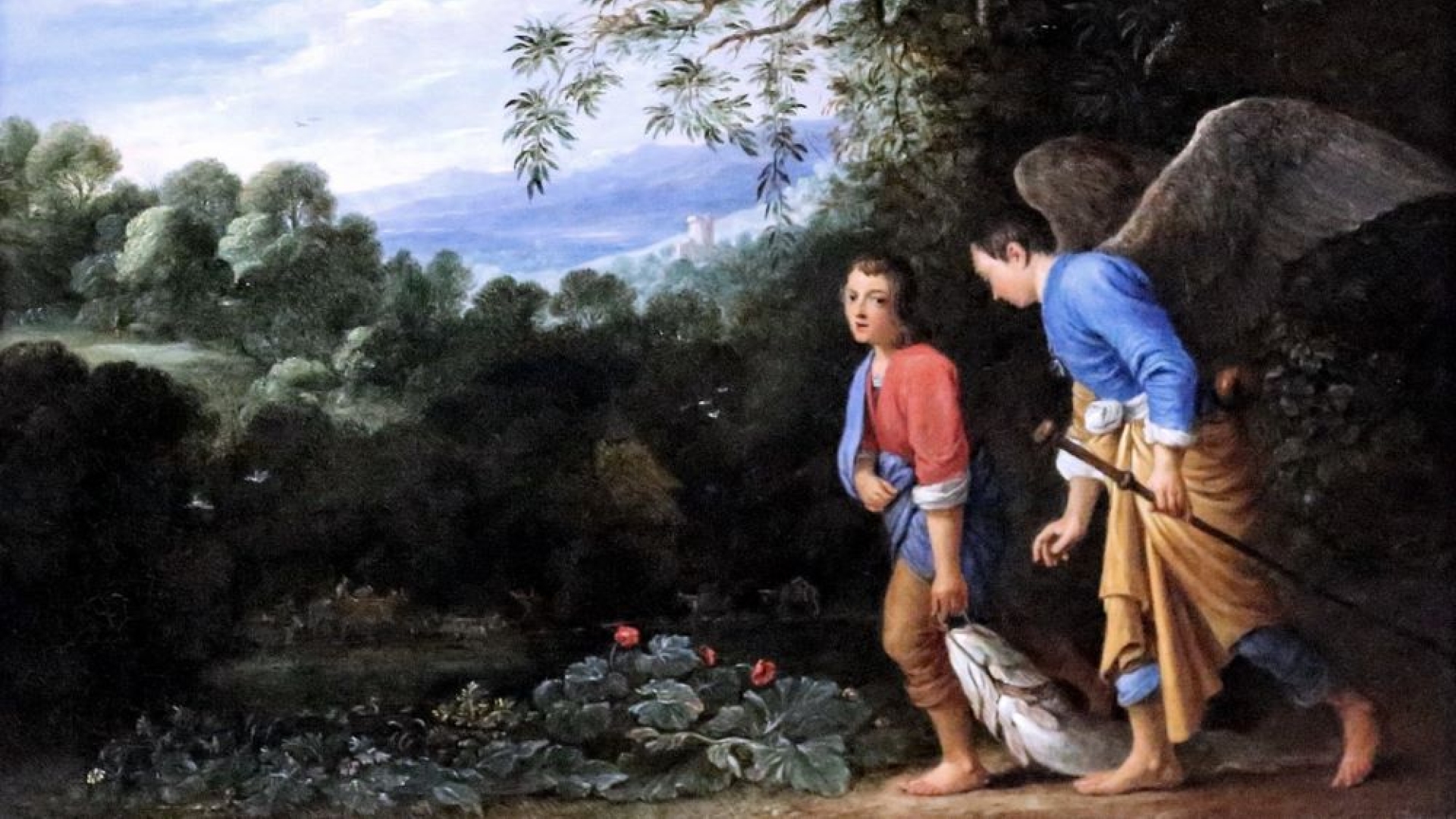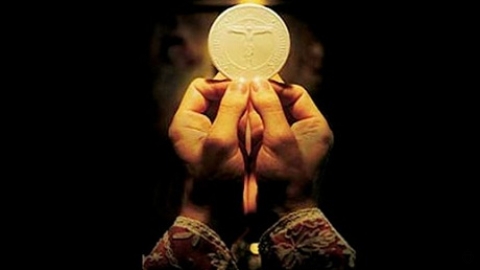Feast of St. Raphael the Archangel

Sermon of St. Bonaventure for the Feast of St. Raphael.
Raphael's name means medicine from God. And we must remark that we can be rescued from evil by three benefits that St. Raphael grants us when he heals us. First Raphael, the celestial physician, rescues us from spiritual infirmity by leading us to the salutary bitterness of contrition, which refers to what Raphael said to Tobias: “As soon as you enter your house, anoint his eyes with gall. He did so and his father received his sight.”
Why shouldn't Raphael himself perform this anointing? Because an Angel does not give compunction; his role is to show the way. In this gall, therefore, we see the image of the bitterness of contrition, which makes the inner eyes of the soul healthy; a Psalm tells us: “He heals those who are contrite in heart.” This contrition is an excellent eye wash.
In the second chapter of the book of Judges, it is related that the Angel went up to those who were shedding tears and said to the people: “I have brought you out of the land of Egypt; I have done so many good things for you, and all the people wept so that this place was called the place of weepers or of tears.”
My very dear ones, the Angels speak to us throughout the day of the benefits of God and remind us of them: They seem to say to us: Who created you? Who redeemed you? What have you done? Whom have you offended? Now, if we stop to consider who it is, we will find no other remedy than to weep.
Secondly, St. Raphael snatches us from the devil’s servitude, when he causes the memory of Christ's passion to penetrate within us, in the figure of which it is said in the sixth chapter of Tobias: “If thou put a little piece of its heart upon coals, the smoke thereof driveth away all kind of devils.” Indeed, Raphael relegated the demon to a desert in Upper Egypt.
Who is this? Raphael couldn't have driven the demon away if he hadn't put the heart on hot coals? Was it the heart of a fish that gave the Angel so much power? Not at all. There would not have been any virtue if there had not been a mystery here. By this fact we are given to understand that nothing today delivers us from the bondage of the devil like the passion of Christ, and that this passion proceeds from His heart as from a root, that is to say that it is the fruit of His love.
The heart is indeed the source of all our vital heat. If therefore you put the Heart of Christ, that is, the passion He suffered and whose root is charity, the source of His ardor, if you put this divine Heart on coals by recalling it to your memory and your soul is inflamed, immediately the demon will be removed, so that he will not be able to harm you.
Thirdly, the Archangel Raphael delivers us from the pain of finding ourselves in opposition to God, pain that we incur by offending God; he delivers us from it when he leads us to pray earnestly; and to this I relate what the Angel Raphael said to Tobias in the twelfth chapter: “When thou didst pray with tears… I offered thy prayer to the Lord.” The Angels reconcile us with God, insofar as they can.
Our accusers before God are the demons. As for the Angels, they excuse us when they offer our prayers, those prayers which they have led us to pray devoutly. We read in the eighth chapter of the Apocalypse: “The smoke of the incense of the prayers of the saints ascended up before God from the hand of the angel.” These sweetly consuming perfumes are the prayers of the Saints. Do you want to please the God you have offended? Pray devoutly. They offer your prayers to God to reconcile you with him.
It is said in St. Luke that Christ, having fallen in agony, prayed more earnestly, and that an Angel of God appeared to him strengthening him. All this was accomplished in our favor, for the Savior did not need to be strengthened by a heavenly messenger; but it was so to show that the Angels willingly assist those who pray with piety and willingly help them; they strengthen them and offer their prayers to God.
(Source : Bréviaire romain - FSSPX.Actualités)
Illustration : Pieter Lastman, Public domain, via Wikimedia Commons


